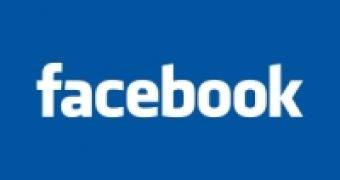Bangladesh has lifted its week-long ban on Facebook on Sunday. The ban came as a consequence of images, depictions of the Prophet Mohammed and caricatures of some of the country’s political leaders, that were deemed offensive by the authorities,. Facebook has agreed to remove the images Bangladesh took offense at and the country has reversed the ban in return.
The Bangladesh Telecommunications Regulatory Commission gave permission to the local ISPs to stop blocking the site after it was satisfied with the objectionable content being removed. Facebook has been compliant with the country’s request, as it has been the case in several other similar instances. It is not clear if the offending content was removed globally or just blocked in Bangladesh.
This follows the path set by Pakistan that had also implemented a ban on the mammoth social network a week before Bangladesh’s move. Pakistan blocked Facebook but also Youtube, Wikipedia and other major sites. The reason cited was the existence of ‘objectionable’ material on these sites, mainly regarding the Muslim religion and the Prophet Mohammed. Any depiction of the Prophet is deemed blasphemous by the Muslims.
The ban on Facebook in Pakistan was lifted a week ago after the social network agreed to take down the offensive content. At around the same time, Bangladesh instituted a ban of its own over similar issues. Unique was the addition of caricature images of some of Bangladesh’s political leaders but also high-ranking members of the opposition, as part of the reason for the blocking. The student responsible for those images was arrested on the day the ban was put in place.
Bangladesh now says that Facebook has complied with its demands, so it has lifted the ban. The country has a 90-percent Muslim population and the majority was critical of the offensive images. It’s unclear how many people were supportive of the political agenda attached to the ban.
Facebook’s role in all of this is somewhat vague, as all we have are indirect messages attributed to the social network. Both Pakistan and Bangladesh have said that the social network has complied with their request. While every state is free to run itself as it sees fit, it may be a bit worrying that Facebook was so quick to agree to the demands. It’s also worrying that a giant, global site like the US-based Facebook, would implement what amounts to religious and political censorship, to ensure its undeterred growth in these countries. Of course, Facebook is not alone in this, unfortunately.

 14 DAY TRIAL //
14 DAY TRIAL //